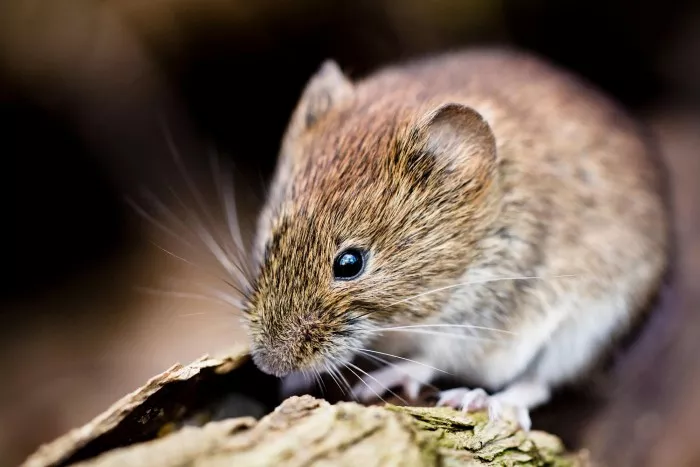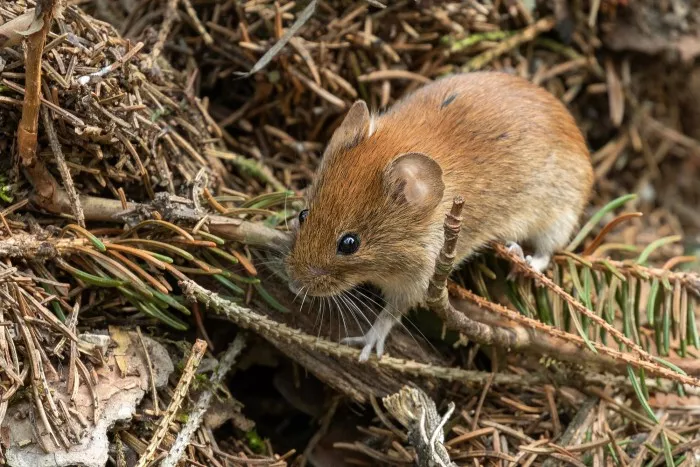Researchers from the animal infectious diseases Science Center of Uppsala University have discovered a new coronavirus. Their study of about 260 bank voles captured near grimse in erbulu showed that the virus had matured in voles in Sweden. The findings have been published in the journal virus.

The bank vole (Myodes glareolus) is a small vole that lives in woodland areas and is about 3.9 inches (10 cm) long. Voles are small rodents related to hamsters and lemmings. They are sometimes called prairie voles or voles in North America. There are more than 150 different species of voles.
Although still a mystery, sars-cov-2, the virus that causes covid-19, may have originated in bats. However, some coronaviruses are known to originate from rodents, including rats, mice and voles. Swedish scientists have now discovered a new coronavirus, called Grims ö virus, and found it in 3.4% of the tested voles.
Å Ke lundkvist, Professor of Virology at Uppsala University and director of zoonoses Science Center, said: "from 2015 to 2017, we have found what we call 'Grims ö virus' in 3.4% of these voles, which will show that the virus is widespread and common in embankment voles in Sweden." He led the study with researcher Jiaxin Ling and doctoral student and first author anishia wasberg.

Researchers at the zoonotic disease Science Center (ZSC) mapped the zoonotic virus to increase understanding of the interaction between the virus and the host animal. Unlike SARS CoV and mers coronaviruses originating in bats, seasonal coronaviruses, such as hcov-oc43 and hcov-hku1, seem to have spread to humans from rodents such as rats, mice and voles. The aim is to increase knowledge and develop methods to effectively limit the outbreak of major viruses and avoid the spread of infection from animals to humans.
In a new study published in the journal virus on june1,2022, researchers from ZSC inspected the voles captured near Grims ö in erlebru county from 2015 to 2017 and tested them for coronavirus. Using the RNA sequencing method, they found a new coronavirus, called "Grims ö virus", which belongs to the betacoronavirus family. This family also includes SARS CoV, mers and sars-cov-2, which are well known to us and cause great damage.
Rodents have carried several zoonotic microorganisms, such as Hantavirus and tularem disease, which means that they play a key role in the transmission of infectious diseases. In recent years, the number of infectious diseases related to small mammals (such as rodents) has increased dramatically. The ecological research on these host animals is an important part of the work to prevent future outbreaks.
The bank vole (Myodes glareolus) is one of the most common rodents in Europe. Previous studies have found that several coronaviruses circulate in animals in Britain, Poland, France and Germany.
"We still do not know what potential threat the grimsovirus may pose to public health. However, based on our observations and the coronavirus previously found in the bank voles, we have good reasons to continue to monitor the coronavirus in wild rodents," said Professor Å Ke lundkvist.